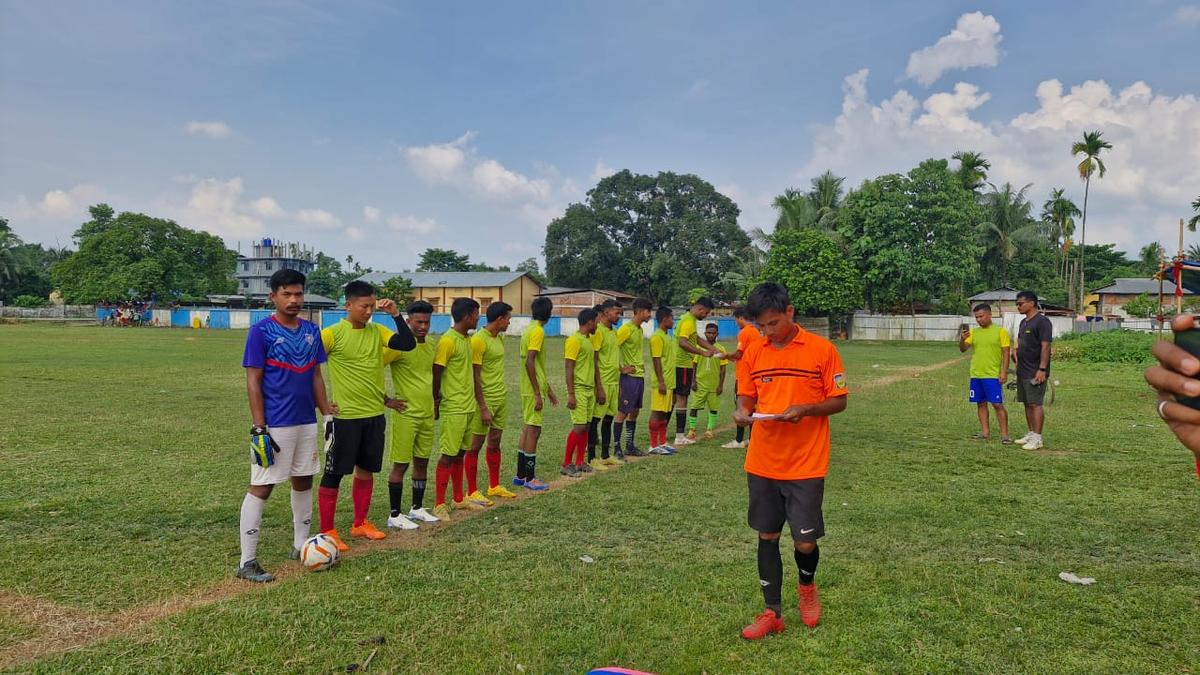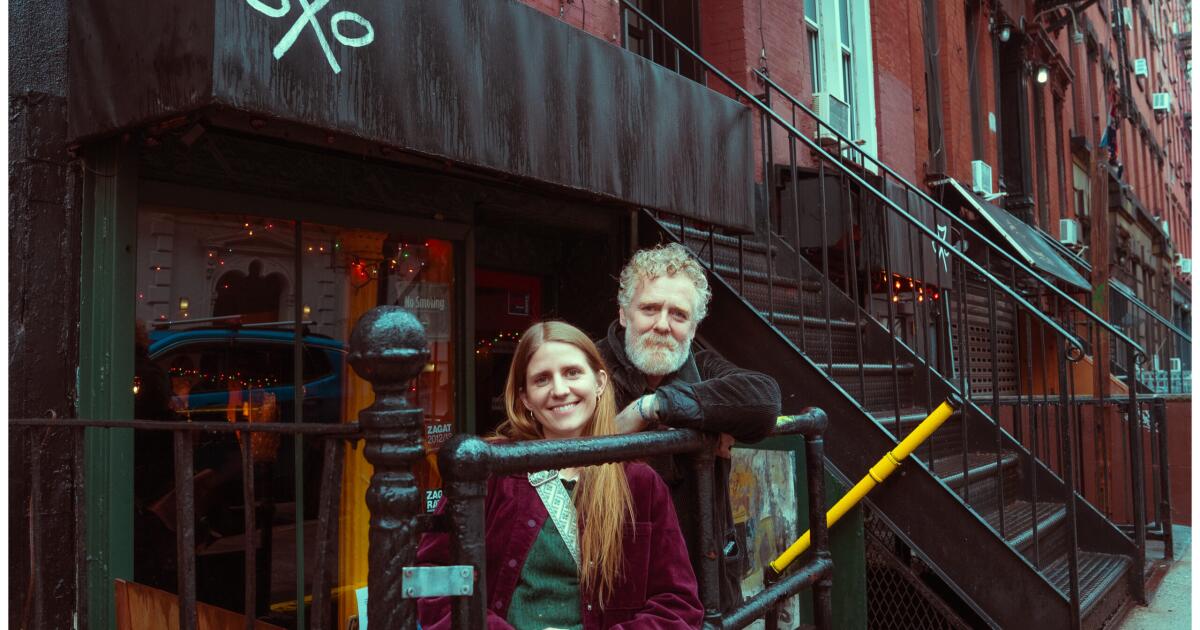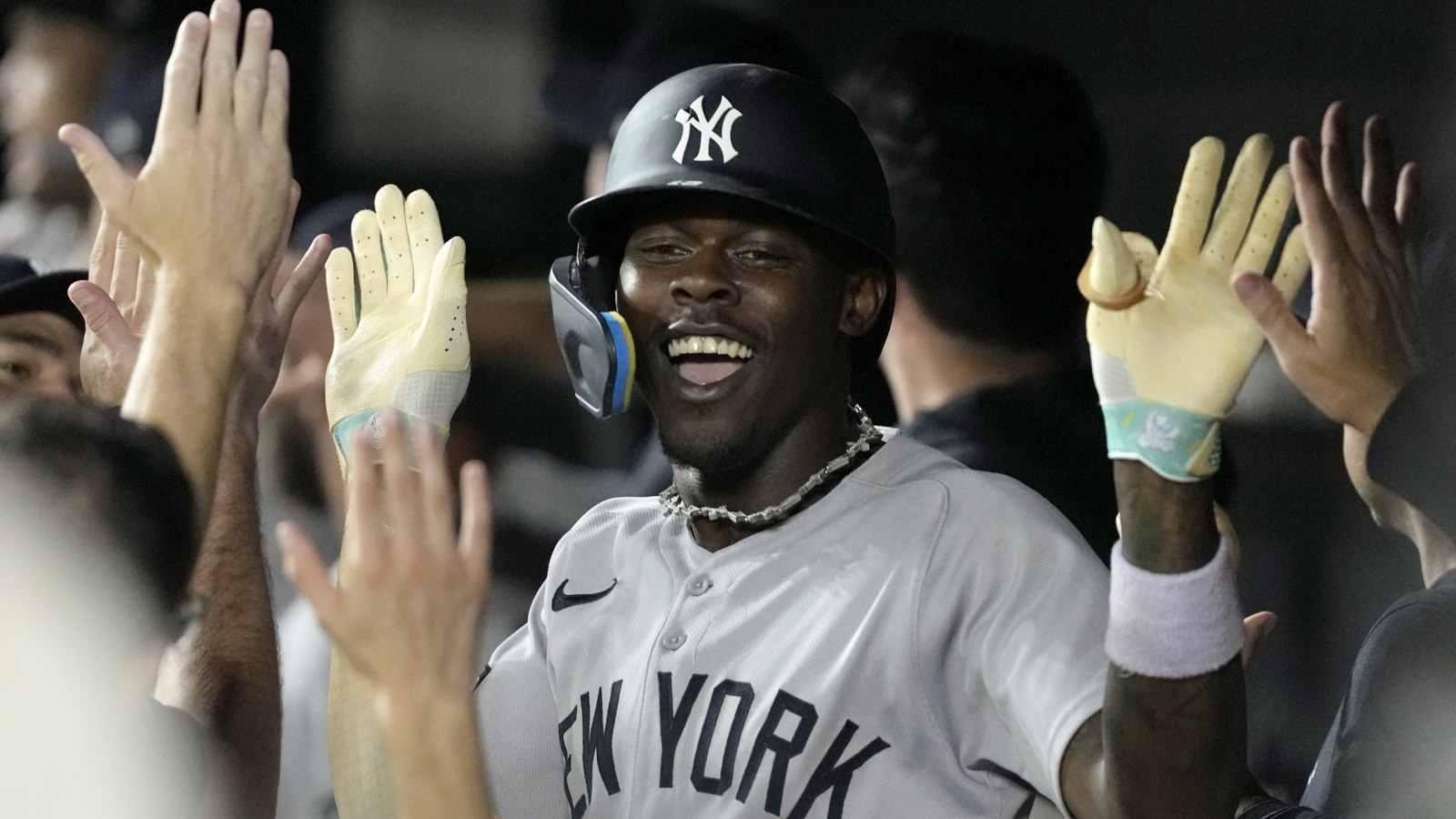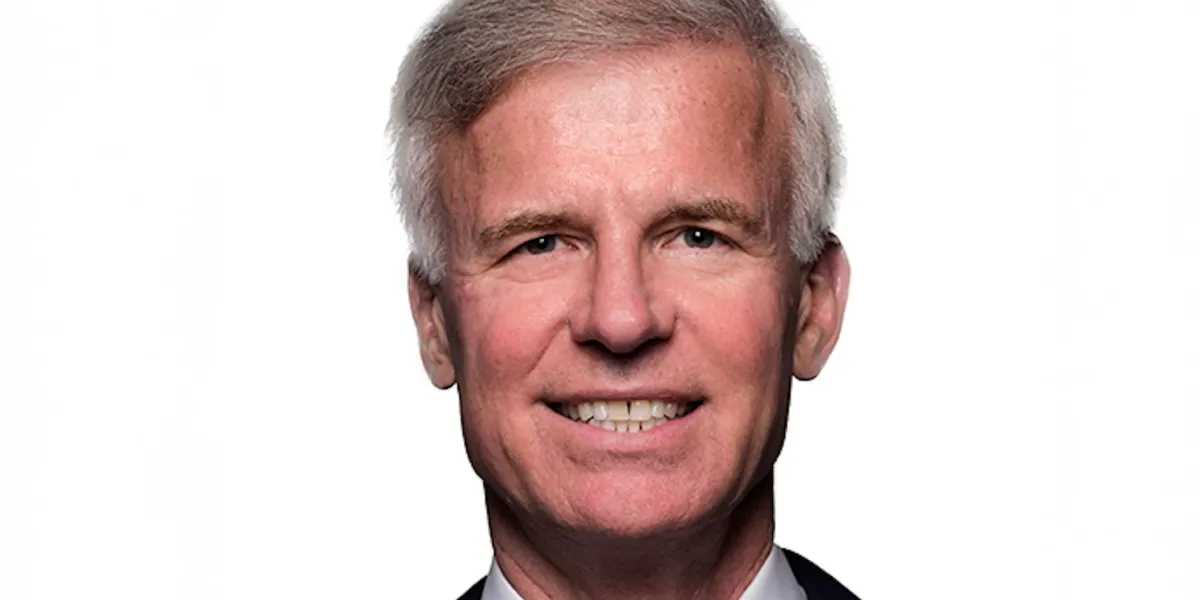By The Hindu Bureau
Copyright thehindu

Implementing government schemes, ensuring service delivery, and monitoring projects are not the only responsibilities of the Village Council Development Committees (VCDCs) across Assam’s Bodoland Territorial Region (BTR). They are also sports talent hunters and facilitators of events to hone athletic skills.
Comprising five districts bordering Bhutan, the BTR is governed by the Bodoland Territorial Council (BTC). About a year ago, the BTC government launched an experiment to rebrand the BTR as one of India’s most energetic grassroots sports incubators. It roped in the VCDCs to spot potential athletes and create a conducive atmosphere for them to play, beginning with the most popular sport – football.
Campaigning for Assam’s Bodoland Territorial Council polls ends
Months of preparation, backed by fiscal and basic infrastructural help from the BTR government, culminated in the first multi-tiered Bodoland Chief Executive Member Cup festival in June. The unique format entailed matches between village teams in each of the BTR’s five districts – Baksa, Chirang, Kokrajhar, Tamulpur, and Udalguri.
“The top teams at the VCDC level tournaments graduated to the level of the BTC constituencies. The winners at this level played at the district-level contest and finally for the council-level cup. The contest ensured inclusive participation and accessibility from the grassroots to the council level,” Swmdwn Muchahary, the Council Head of Department (Sports), told The Hindu.
The football festival saw an unprecedented turnout of 3,760 teams and 67,680 players, almost half of them girls and women. The exercise found mention in one of Prime Minister Narendra Modi’s monthly radio shows as a celebration of “unity and hope.”
Unity was a reference to the ethnic composition of the once communally volatile BTR. The region is home to 26 ethnic and religious groups.
Next-level facilities
Many footballers, archers, boxers, and sprinters in Assam are from the BTR. The talent pool notwithstanding, the region lacked adequate facilities for athletes to train and hone their skills, primarily owing to its history of extremism and political violence.
The scenario started changing after the COVID pandemic. The BTR government allied with State and Central agencies for sports training centres, rehabilitation facilities, and stadiums.
“What began as a set of modest, locally run competitions has grown into a coordinated push combining community outreach, elite coaching, sports science, and mass participation events,” Mr. Muchahary said.
The VCDCs were the gardeners who sowed the athletic seeds, helping them sprout for the next-level specialists to take over.
The focus on quality infrastructure yielded the High-Performance Sports Training and Rehabilitation Centre in Kokrajhar in mid-2025. The third such centre in Assam, built in partnership with the State sport authorities and corporate houses, the centre offers advanced injury management, biomechanical and physiological assessment, nutritional support, and recovery services.
Apart from a FIFA-standard football ground in Kokrajhar with sand-based drainage and sprinkler system – the first in the northeastern region – the BTC government initiated a ₹180 crore sports academy in Udalguri. More such academies are in the pipeline.
If that were not enough, the council government integrated modern sports with traditional festivals of indigenous faith and culture, such as the Baokhungri, organised every year, a day before the mid-April Bihu or its Bodo avatar, Bwisagu. Adventure sports are also a component of such gender-inclusive festivals.



